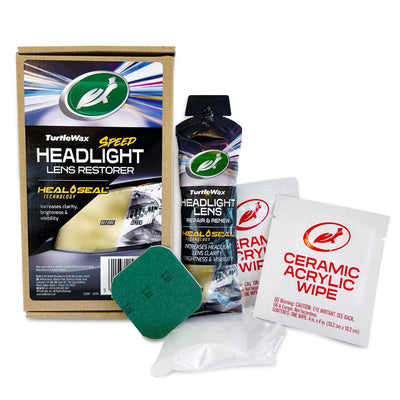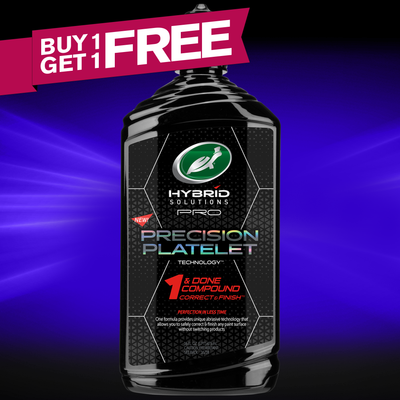
Free UK Delivery
On ALL Orders over £20
-
Exterior
Learn More
-
-
Interior
-
Hybrid Solutions
Collections
-
Car Care Kits
Collections
- Accessories
-
REWARDS
Earn Points Today
- Home
-
Exterior
-
Wash
- waterless
- wash & wax one step
- extreme foam
- heavy duty cleaners
- pre-wash valeting range
- wash valeting range
- ph neutral car wash
- car windscreen cleaner
-
Wax, Seal & Coat
- coatings
- detailer
- liquid
- one steps
- paste
- sealants
- spray
- wax speciality
- spray wax and sealant valeting range
- Paint Correct
-
Restore
- bug & tar removal
- headlight restoration
- metal & chrome finish
- restore scratch repair
- restore speciality
- trim restoration
- Wheel & Tyre
-
Wash
- Interior
- Hybrid Solutions
- Car Care Kits
- Accessories
- Rewards
- Learn

3 Costly Myths About Car Headlight Restoration
In this article you will learn:
- 3 common misconceptions that cause people to overspend on headlight restoration and maintenance
- The best and most inexpensive way to restore foggy headlight lenses
- Which tools you do and don’t need for car headlight restoration
- How to restore headlights at home





